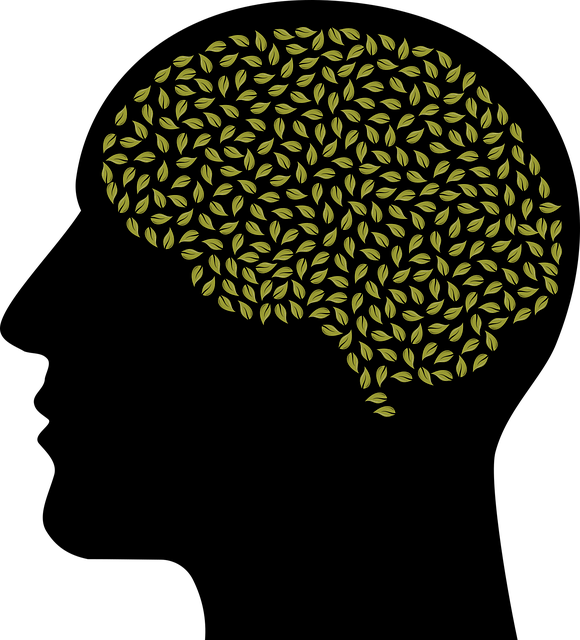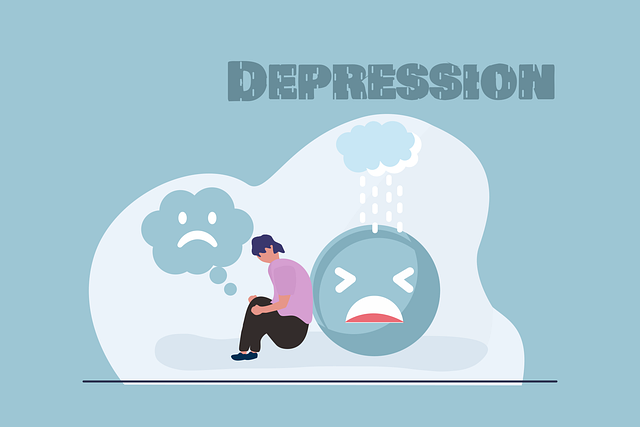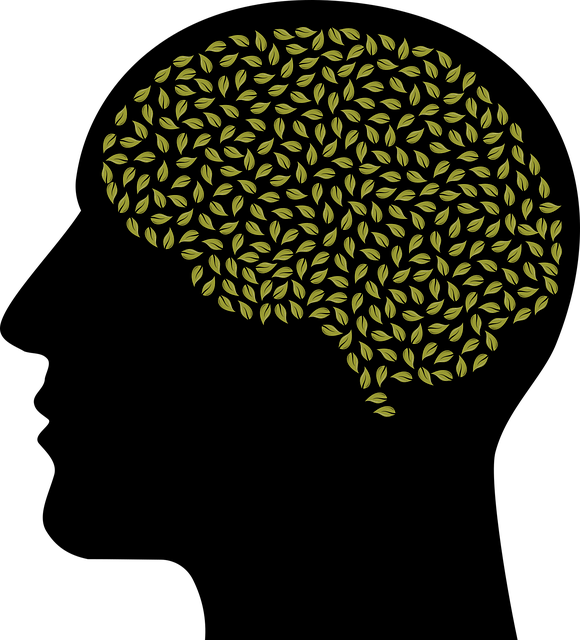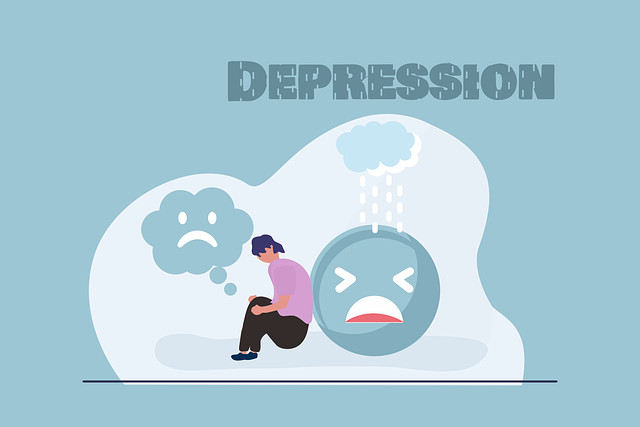Many people experience depression linked to their spiritual or religious beliefs, an area often overlooked in traditional therapy. Parker's innovative approach, Parker Spiritual-Religious Issues Therapy (SRIT), delves into these aspects by guiding individuals through self-awareness exercises to explore how their faith practices impact mental health. Through tailored workshops and discussions, clients learn coping strategies aligned with their faith, fostering resilience against stress and depressive episodes. This holistic method combines evidence-based practices with personal exploration, accessible through the Mental Wellness Podcast Series, to promote overall mental wellness and prevent future mental health challenges. By integrating lifestyle changes, community support, and SRIT, individuals build robust coping mechanisms and a deeper sense of purpose, ensuring they don't face mental health struggles alone.
Depression prevention is a multifaceted approach, and understanding individual triggers is key. This article explores innovative strategies to combat depression, focusing on spiritual-religious issues through Parker’s approach, evidence-based therapy techniques, and proactive lifestyle changes. By incorporating these methods, individuals can foster resilience and build supportive communities, providing practical tools for managing and preventing depressive episodes. Discover how integrating spirituality with therapeutic practices enhances overall well-being.
- Recognizing Spiritual-Religious Triggers: Exploring Parker's Approach
- Incorporating Therapy Techniques for Proactive Depression Prevention
- Fostering Resilience: Lifestyle Changes and Community Support
Recognizing Spiritual-Religious Triggers: Exploring Parker's Approach

Many individuals experience depression stemming from spiritual or religious issues, often overlooked in conventional therapy settings. Parker’s approach to addressing spiritual-religious triggers is a unique and profound method. This involves a deep exploration of one’s faith, beliefs, and their potential impact on emotional well-being. By integrating self-awareness exercises tailored to these aspects, individuals can gain insights into how their spiritual or religious practices might be contributing to or mitigating symptoms of depression.
In therapy sessions focusing on Parker’s method, clients engage in discussions that encourage them to scrutinize their spiritual beliefs and rituals. This process may include identifying specific practices or doctrines that cause distress or offer comfort. For instance, Stress Management Workshops within a religious context can help individuals manage burnout prevention by teaching coping strategies aligned with their faith. Through this introspective journey, individuals gain a more balanced perspective, fostering resilience against depressive episodes triggered or exacerbated by spiritual-religious issues.
Incorporating Therapy Techniques for Proactive Depression Prevention

Incorporating therapeutic techniques into daily routines can be a powerful tool for proactive depression prevention. Parker Spiritual-Religious Issues Therapy (SRIT) offers unique insights by exploring the intersection of spirituality and mental health. This approach not only addresses symptoms but also fosters resilience and a deeper understanding of one’s purpose, helping individuals navigate life’s challenges with greater equanimity.
The Mental Wellness Podcast Series Production can serve as a valuable resource, providing accessible platforms to learn about various therapy techniques. Topics ranging from anxiety relief to cultural sensitivity in mental healthcare practice offer a comprehensive guide for those seeking proactive measures. By integrating evidence-based practices and personal exploration, individuals can build coping mechanisms that promote overall mental wellness and prevent depressive episodes.
Fostering Resilience: Lifestyle Changes and Community Support

Fostering resilience is a crucial aspect of depression prevention strategies, encompassing lifestyle changes and community support. Engaging in regular physical activity, maintaining a balanced diet, and prioritizing adequate sleep can significantly improve mental well-being. These lifestyle adjustments not only promote overall health but also enhance an individual’s ability to cope with stress and adversity. Additionally, building a strong support network within one’s community, whether through spiritual or religious groups, therapy sessions, or local support groups, plays a vital role in reducing the stigma associated with mental illness.
Community-based initiatives, such as public awareness campaigns and programs focused on cultural sensitivity in mental healthcare practice, can further strengthen this resilience. By fostering an environment where individuals feel understood and supported, these efforts contribute to early intervention and effective treatment for those facing depression or other mental health challenges. This collective approach ensures that no one navigates their mental health journey alone.
Depression prevention is a multifaceted approach, encompassing both personal strategies and external support. By recognizing spiritual-religious triggers through approaches like Parker’s, incorporating therapeutic techniques for proactive mental health management, and fostering resilience through lifestyle changes and community engagement, individuals can build a robust defense against depression. Integrating these strategies promotes holistic well-being and empowers folks to navigate life’s challenges with enhanced coping mechanisms.














